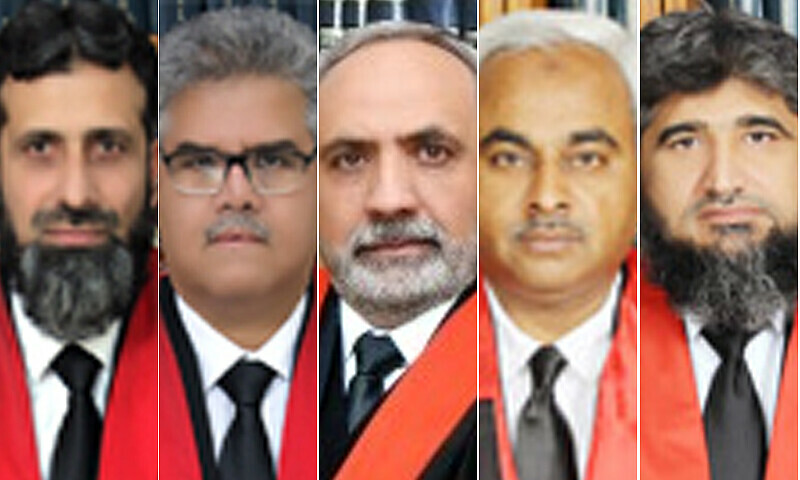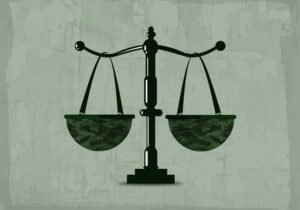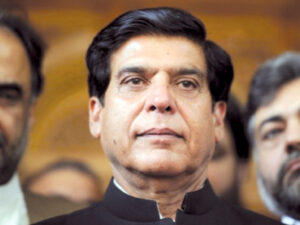The Peshawar High Court on Thursday dismissed the Sunni Ittehad Council’s petition challenging the Election Commission of Pakistan’s decision to reject the party allocation of reserved women and minority seats.
In a 4-1 verdict earlier this month, the electoral watchdog ruled that the SIC was not entitled to claim quota for reserved seats “due to having non curable legal defects and violation of a mandatory provision of submission of party list for reserved seats which is the requirement of law”.
The SIC — joined by PTI-backed independents who won the elections sans their electoral symbol — had filed the petition through its chairman, Sahibzada Muhammad Hamid Raza, seeking directives of the court for the ECP to allocate reserved seats to the council based on their strength in the national and provincial assemblies.
The commission had also decided to distribute the seats among other parliamentary parties, with the PML-N and the PPP becoming major beneficiaries. Meanwhile, the verdict was rejected by the PTI as unconstitutional.
On March 6, a two-member bench of the PHC had barred the oath-taking of lawmakers allotted the reserved seats. It issued a pre-admission to the ECP and all the respondents in the case, listing six questions that needed to be determined. The next day, a five-member larger bench extended the bar until March 13.
Yesterday, Attorney-General for Pakistan Mansoor Usman Awan and the counsels for the PPP and ECP had completed their arguments.
AGP Awan had argued that a political party could get reserved seats only if it won a general one. ECP lawyer Sikander Basheer Momand had supported his arguments, stating that the SIC was a political party but not a parliamentary one.
Today, the bench — led by Justice Ishtiaq Ibrahim and including Justices Ijaz Anwar, S.M. Attique Shah, Shakeel Ahmed and Syed Arshad Ali — resumed hearing the case.
PTI’s Ali Zafar appeared as the counsel for the SIC and completed his arguments, following which the court reserved its verdict and said it would announce it at 1pm.
The hearing
At the outset of the hearing, Zafar informed the court that 86 independent candidates from National Assembly, 107 from Punjab Assembly, 90 from KP Assembly, 9 from Sindh Assembly and one from Balochistan Assembly had joined the SIC.
He contended that the SIC should have been allocated reserved seats “under Article 104’s section (c)” (party lists for reserved seats) of the Elections Act. “We expected that we would get the reserved seats. The ECP was mandated to allot 78 seats to the SIC but it did not do so.”
Here, the court asked him if the case before it was pertaining to the entire country, to which Zafar replied that it was limited to the national and KP assemblies’ reserved seats.
Zafar further said the reserved seats “belonging to the SIC were instead given to occupier groups”, at which the court directed him to not refer to them as such, noting that the seats were allotted by the ECP.
The lawyer then said he wanted to present his arguments on whether the PHC had jurisdiction over NA seats, emphasising that “six questions raised by the court are very important”.
On the matter of what defines a political party, he said: “In my opinion, a political party is that which is enlisted [with the ECP as one]. The mention of [the definition of] a political party is present in sections 202 (enlistment of political parties) and 210 (information about the sources of funds) of the Elections Act.”
Zafar argued, “The SIC did not contest the elections but this is not necessary. Boycott is also a part of the elections.” Here, the court asked him, “Are you saying that a party would still be a political party if it did not contest the elections?”
To this, Zafar responded that the SIC had an electoral symbol and the right to contest elections. The court then asked whether a political party maintained its status as one if it did not contest elections.
The counsel then replied, “I want to state that the SIC is a political party. No one can take away the SIC’s right as long as it is a political party. The mention of political justice is clear in the Constitution. […] Political parties can take part in elections, form government and gain reserved seats.”
Here, Justice Ahmed reiterated the earlier question of what would happen in case the party did not take part in the elections.
More to follow







